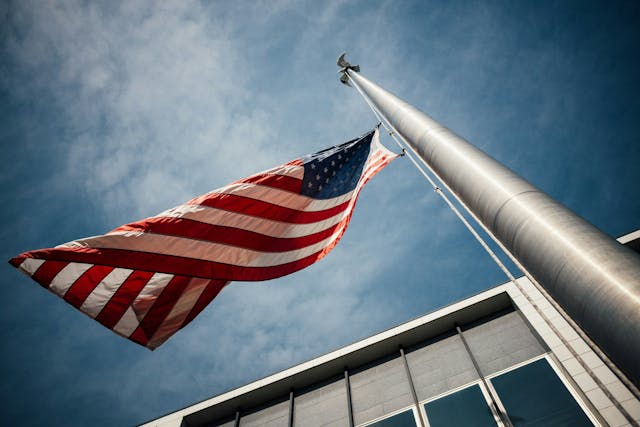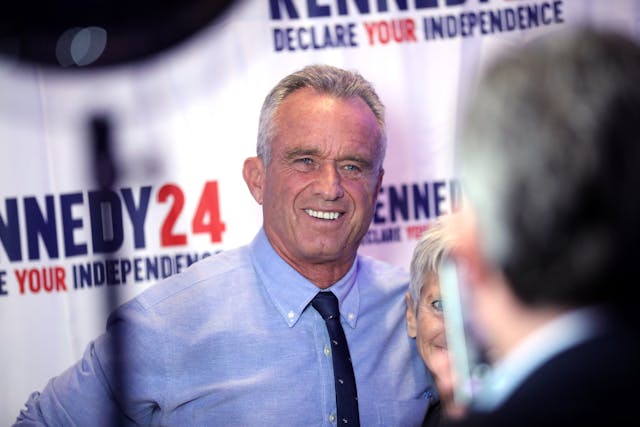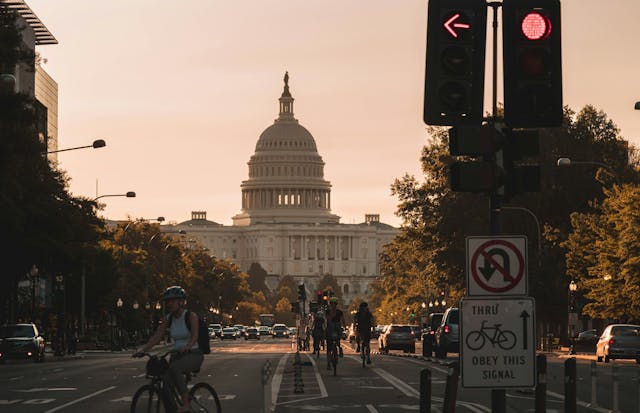Second Amendment: Individual Rights vs. Collective Rights

After the horrific mass shooting in Newtown, Connecticut last Friday, the national discussion on gun policy in the United States was given new life. Whenever the debate over guns in America is revived, the Second Amendment of the Constitution makes its way to the forefront of the discussion.
The Second Amendment reads:
“A well regulated militia, being necessary to the security of a free state, the right of the people to keep and bear arms, shall not be infringed.”
When the subject of firearms and the Second Amendment is mentioned, the last half of the amendment is the main focus. Very seldom is the first half, the language of the amendment which states the right to keep and bear arms is an intrinsic necessity to ensure the free state can protect itself, brought up.
Throughout most of U.S. history, the Second Amendment was not viewed as protecting an individual right. It wasn’t until 2008 that the Supreme Court ruled the Second Amendment addresses an individual right in District of Columbia v. Heller.
In a 5-4 decision, the justices on the high court struck down a handgun ban in Washington, D.C. by dividing the amendment into separate, but equal clauses.
“The Second Amendment is naturally divided into two parts: its prefatory clause and its operative clause,” Justice Scalia wrote in the court’s opinion. “The former does not limit the latter grammatically, but rather announces a purpose.”
To simplify what he said:
"The Amendment could be rephrased, ‘Because a well regulated Militia is necessary to the security of a free State, the right of the people to keep and bear Arms shall not be infringed.’"
The majority opinion stated that not only is the right to bear arms an individual right, separate from military service or service in a collective body, but the phrase “keep and bear” means individuals have a right to possess and carry in the event of confrontation.
However, if the Second Amendment was meant only to protect an individual’s right to possess and carry arms, why was the prefatory clause included to begin with?
Individual Rights vs. Collective Rights
When the phrase ‘the people’ is used in the U.S. Constitution, it generally is meant to describe a collective body. For instance, “We the People of the United States,” speaks of the people as a whole. The majority opinion in District of Columbia v. Heller argues that the constitution distinguishes the use of ‘the people’ when it talks about powers versus rights.
The court’s opinion found that when the constitution refers to the powers of ‘the people,’ it uses the phrase to mean collectively.
For instance, the tenth amendment says powers not delegated to the federal government are given to the states or the people. In this case, the court argues ‘the people’ means Americans as a whole
However, the court ruled that when the constitution uses ‘the people’ in the first, second, fourth, and ninth amendments, it speaks of people in the United States on an individual basis. Yet, it seems like the majority opinion had to make quite a leap to come to this conclusion.
There is a difference between an “individual right” and a “collective right,” and it is the debate over what separates the two that is at the heart of the discussion over the Second Amendment.
The First Amendment:
Congress shall make no law respecting an establishment of religion, or prohibiting the free exercise thereof; or abridging the freedom of speech, or of the press; or the right of the people peaceably to assemble, and to petition the government for a redress of grievances.
The use of ‘the people’ isn’t used in the First Amendment until it talks about collective rights. Collectively, the people of the United States have a right to assemble. Collectively, people have a right to petition the government for a redress of grievances. The phrase ‘the people’ is not used to refer to individual rights -- to exercise religion, speech, and press.
The United States was founded by individuals who sought to escape tyranny and oppression, and wanted to ensure that the new Republic remained a free state. It is not difficult to imagine that the amendments laid out in the Bill of Rights were ordered the way they are intentionally, especially the Second Amendment.
The court’s opinion was right about the grammatical structure of the amendment. It could very easily be reworded, “Because a well regulated Militia is necessary to the security of a free State, the right of the people to keep and bear Arms shall not be infringed.”
This doesn’t change the fact, however, that the Second Amendment is a guarantee to the people that each state can form a trained and disciplined (well regulated) militia as a contingency measure in the event the federal government threatened the sovereignty of each state and that of the people of the United States.
The constitutionally protected right to bear arms was established as a safeguard for the people, collectively, against tyranny and oppression.
Touching the Second Amendment is considered political suicide for any politician because the pro-gun lobby is big, resourceful, and pushes the idea that the Second Amendment protects an individual right. The government, even on the state and local levels, cannot pass even the most responsible regulations on firearm possession and use.
While there is a fundamental difference between individual rights and collective rights, it is important to remember that both apply to everyone and serve a very important purpose. However, there is still a difference and the language of the Second Amendment indicates that it protects a collective right, not an individual right.



